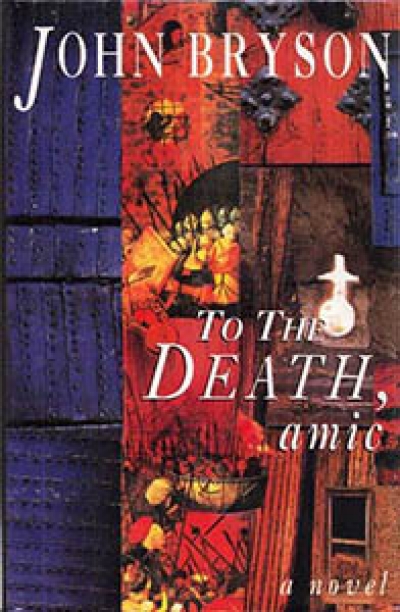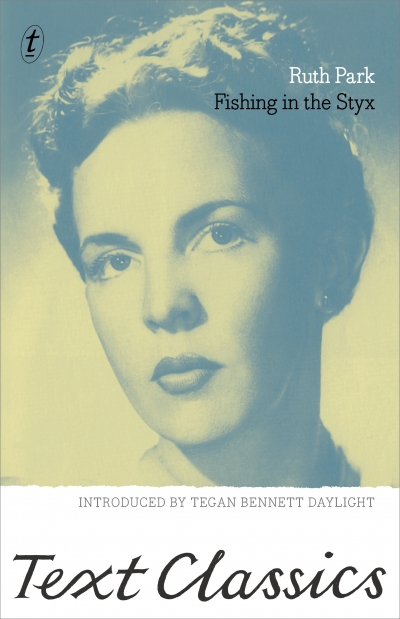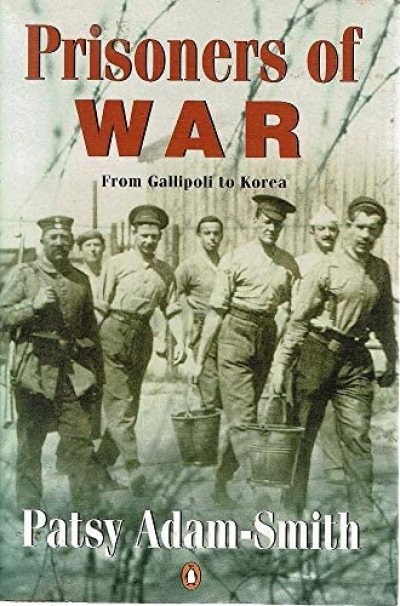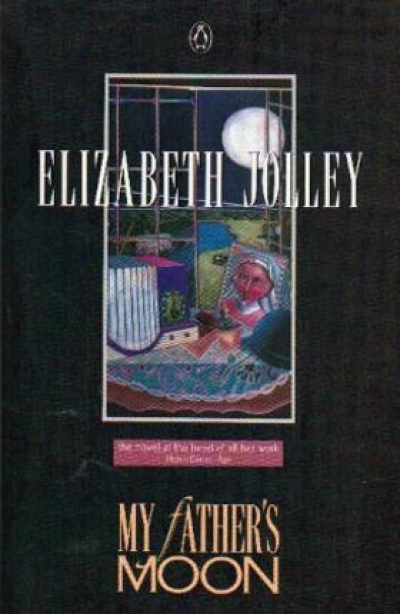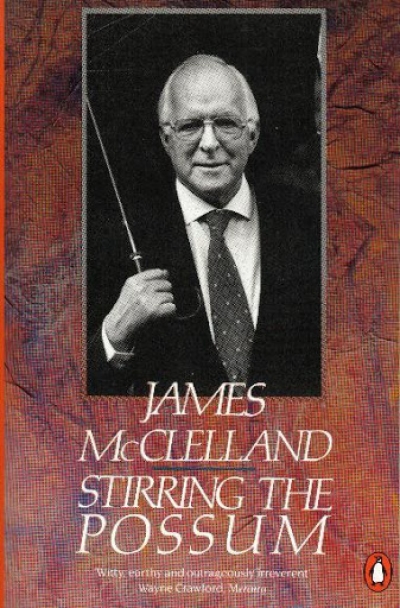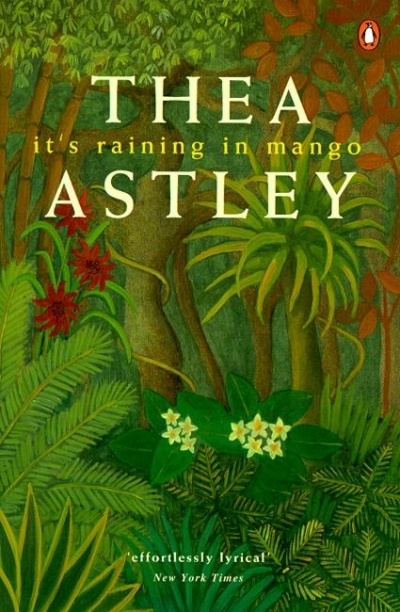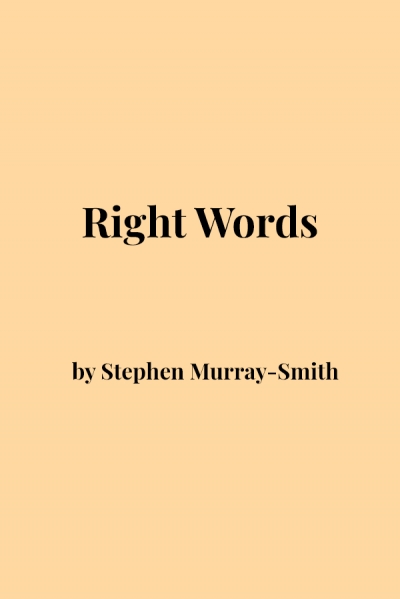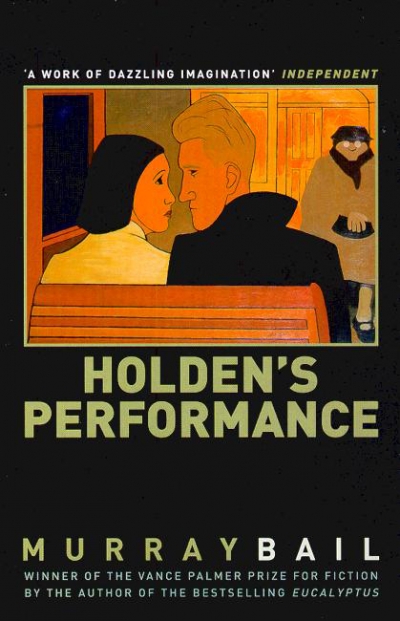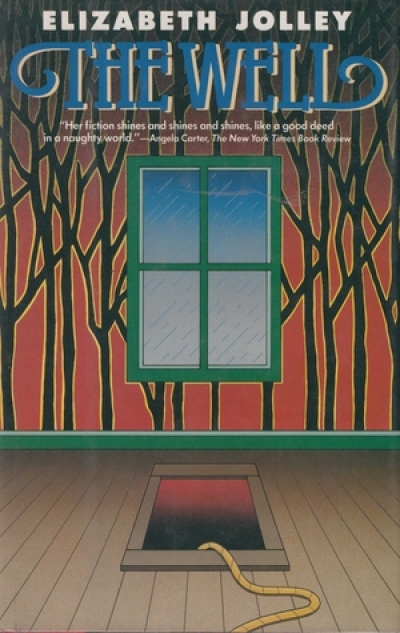Viking
Prisoners of War: From Gallipoli to Korea by Patsy Adam-Smith
by Ian Buchanan •
Hero, Allan Baillie’s sixth novel for young readers, shows this seasoned storyteller at his best. Succinct yet incisive, it is a highly disciplined display of how tight technique can turn a single incident into an exciting story. Right from the first line, ‘A single drop of water exploded on Pamela Browning’s open exercise book’, we know we are on the precipice of an event towards which every mumble on the earth and rumble in the sky lead.
... (read more)Right words: A guide to English usage in Australia by Stephen Murray-Smith
by Stephen Knight •

